20 Signs Your Child Needs a Different Teaching Approach
As parents, we want our kids to do well in school, but there are times when it's clear that the way they learn now might not be working well for them. If your child is having problems that aren't being dealt with, it might be time to try a different teaching method.
- Tricia Quitales
- 7 min read

Every child learns differently, and standard ways of teaching only sometimes work for those kids. If you know the signs that your child needs a different way of being taught, you can fight for their needs and ensure they get the help they need to do well in school. If your child is having trouble focusing, processing knowledge, or expressing themselves, these are all signs that they may need more individualized or different ways to learn. If you understand and meet these needs early on, you can do better in school and feel better about yourself.
1. They need help to stay focused
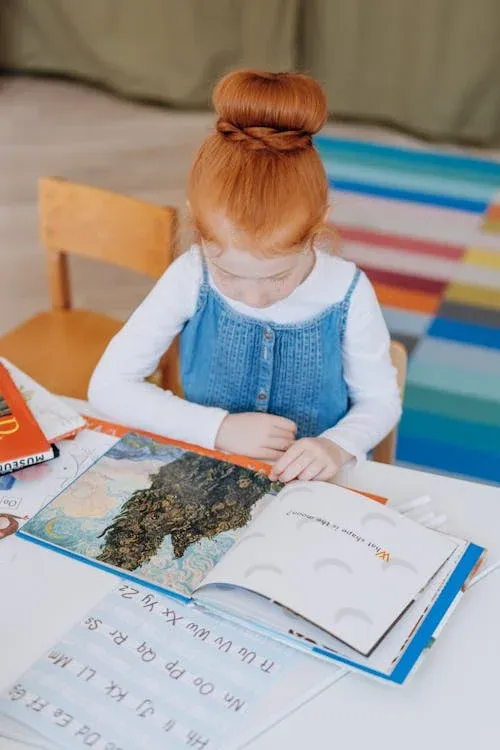 Mikhail Nilov on Pexels
Mikhail Nilov on Pexels
If your child often needs help paying attention in class, it could mean they aren’t interested in the subject or how it is being taught. Distractions in the classroom could make them too busy to finish their work or pay attention to the teacher. They might do better with a more hands-on or visible way of learning.
2. They need help to follow directions
 Yan Krukau on Pexels
Yan Krukau on Pexels
A child with trouble following spoken or written directions might do better with a different way of getting information. If the directions are shorter and easier to understand, people might get lost or angry. Breaking down the steps into smaller, easier-to-handle pieces might help them understand the information better.
3. They often feel overwhelmed
 Kaboompics.com on Pexels
Kaboompics.com on Pexels
If your child feels they have too much to do with schoolwork, assignments, or hobbies, it could mean they need more help. They might need smaller steps, more breaks, or to be taught at a different speed. Looking at their workload or learning setting again might help them feel less stressed and do better.
4. They find it hard to understand what they read
 Andy Barbour on Pexels
Andy Barbour on Pexels
Kids who have trouble understanding what they read might need more individualized methods, such as audiobooks or visual aids. Instead of traditional reading-based lessons, they might learn better with more hands-on or multisensory activities. Finding out about gaps in their learning early on can help them get the help they need.
5. They don’t do their homework
 Pavel Danilyuk on Pexels
Pavel Danilyuk on Pexels
If your child always tries to avoid or dreads homework, it could mean they need help understanding the information naturally. This avoidance is often caused by anger, not knowing, or feeling too much to handle. Finding new ways to get them interested in the material could make learning more fun.
6. They need help to keep their work organized
 Pavel Danilyuk on Pexels
Pavel Danilyuk on Pexels
If a child has trouble keeping their tasks, projects, and materials in order, they might need a different organizing method or a different set of teaching tools. Charts, checklists, or color-coding, which are more organized ways to do things, might help them stay on track. If the old ways of organizing don’t work, personalized techniques can help them get better at them.
7. They show signs of having low self-esteem
 RDNE Stock project on Pexels
RDNE Stock project on Pexels
If your child’s school problems make them feel bad about themselves, it might be time to change how they are taught. A lousy self-image can happen if you always feel behind or need to be understood. Promoting techniques that show off their strengths and give them helpful comments will help them feel better about themselves and be more motivated.
8. They have trouble keeping track of time
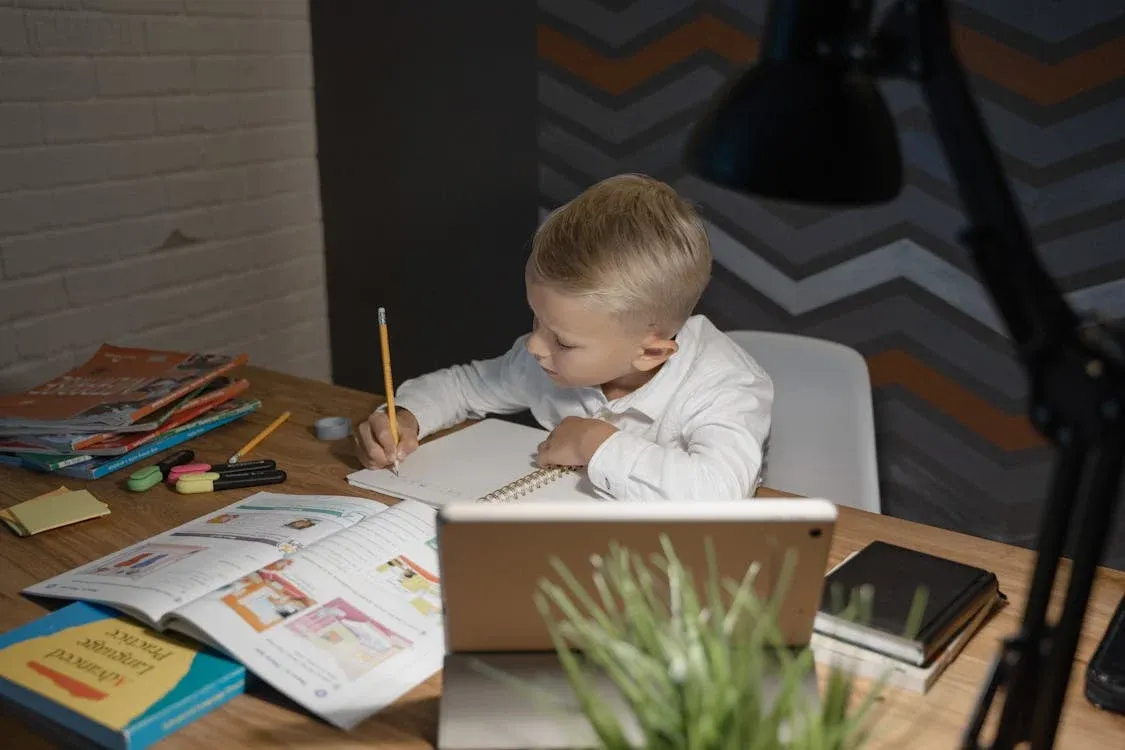 Tima Miroshnichenko on Pexels
Tima Miroshnichenko on Pexels
If your child has trouble keeping track of time and meeting deadlines, it could mean that they need to be taught in a way that breaks down jobs into smaller, easier-to-handle pieces. It might help to be in an organized space with set times and regular check-ins. By learning how to handle their time better, your child can feel more in charge of their schoolwork and gain confidence.
9. They show signs of being upset about tests or homework
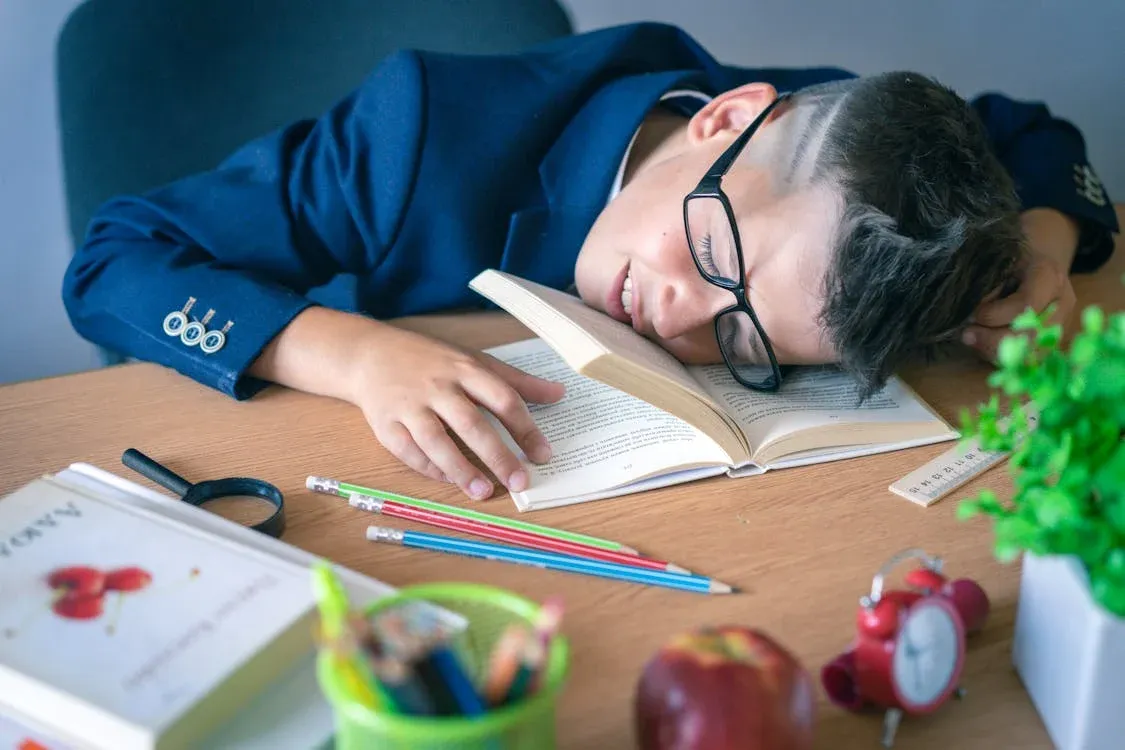 Oleksandr P on Pexels
Oleksandr P on Pexels
If you can see that your child is getting angry or frustrated with homework, projects, or tests, they might not like the way they are being taught right now. Feelings like worry or anger can happen when you don’t fully understand the information. A more individualized method with different ways to do homework or tests might lower their stress levels.
10. It’s hard for them to keep up with the class
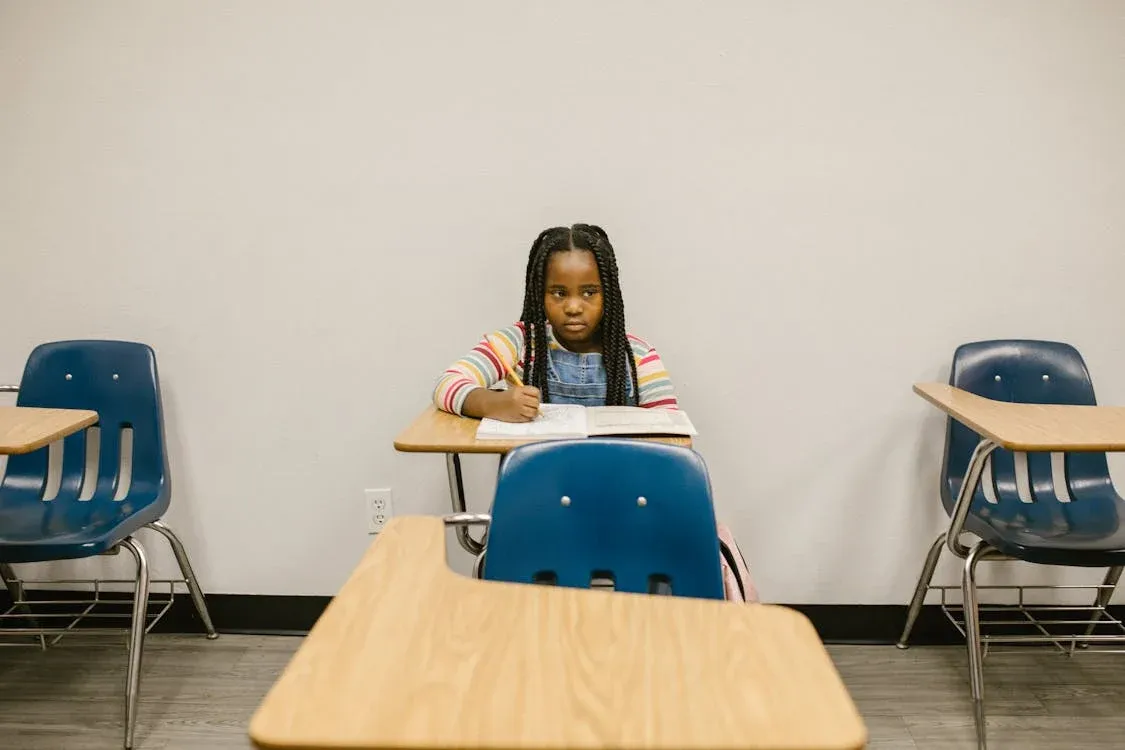 RDNE Stock project on Pexels
RDNE Stock project on Pexels
You might need to teach your child more slowly and carefully if they consistently fall behind their friends or need help keeping up with the class. It’s essential to see if the way they are learning fits with their skills. To help them catch up, they might need differentiated teaching or one-on-one help.
11. They do well with hands-on learning but not so well with lectures
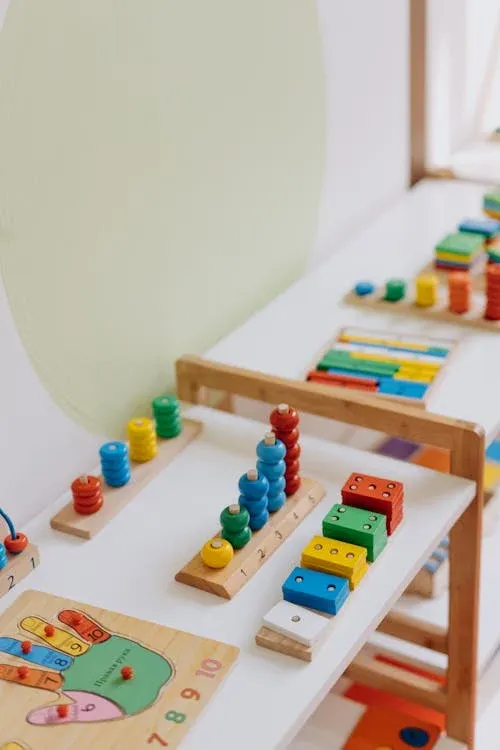 Mikhail Nilov on Pexels
Mikhail Nilov on Pexels
A more interactive teaching style may help your child if they learn better by doing things than by listening to talks or reading about them. Kinesthetic learners need to do things with the information, like doing experiments, building models, or going on field trips. Adding more hands-on tasks can help them understand things that are hard to understand.
12. External stimuli can easily take their attention away
 RDNE Stock project on Pexels
RDNE Stock project on Pexels
Kids who are easily distracted by noises, other kids, or school activities might do better in a quieter and less busy place. The place might need to be less interesting, or they might need different sensory tools to help them focus. Changing their surroundings so there are fewer distractions can help them learn better.
13. They have a good memory for seeing or hearing things
 Artem Podrez on Pexels
Artem Podrez on Pexels
If your child is very good at remembering things they see or hear, they might learn best with visual aids (charts, pictures, videos) or auditory aids (lectures, podcasts, songs). When teachers use these tools in the classroom, they can help your child remember and understand things better.
14. They have trouble writing what they want to say
 Amina Filkins on Pexels
Amina Filkins on Pexels
Your child may need to find another way to organize and share their thoughts if they have trouble writing down what they want to say. To help them say what they want to say more clearly, they could use voice records, graphic organizers, or oral presentations. These methods give you a different way to learn without dealing with the stress of writing assignments.
15. Group work is hard for them
 Artem Podrez on Pexels
Artem Podrez on Pexels
Some kids get nervous or angry when working with others, making working together hard. If they constantly feel stressed when working in groups, it could mean they need more personalized or solo work. Giving them other ways to participate, like working on projects alone or in smaller groups, might get them more involved.
16. Their lack of drive is clear
 RDNE Stock project on Pexels
RDNE Stock project on Pexels
A child who isn’t interested might not relate to the subject or how it is being taught. Learning what interests them and using that in the lessons can get them excited and curious again. You can help them find their drive to learn by making it more related to their interests.
17. They have trouble remembering things
 Yan Krukau on Pexels
Yan Krukau on Pexels
If you have trouble remembering new things, especially after several lessons or review sessions, it might mean you need to change how you teach. If those methods don’t work, hands-on tasks, visual aids, or mnemonic devices may work better than repetition or rote memorization. Providing knowledge in a way that works with how they learn can help them remember it better.
18. They’re interested in some things
 cottonbro studio on Pexels
cottonbro studio on Pexels
If your child does well in one subject and is interested in it but needs help with others, it could mean they need to focus more on those subjects. Adding more topics to their education could make them more interested and help them do better. Also, specialized lessons or extracurricular activities in these areas can help keep them going.
19. The changes between schools are too much for them
 Thirdman on Pexels
Thirdman on Pexels
Some kids need help with changes, like going to a new grade, switching between classes, or getting used to a new school. If these changes make your child anxious or stressed, you might want to introduce new habits more slowly and gradually. It can be easier to deal with these changes if you provide consistent habits and extra help during transitions.
20. They do well in learning environments that aren’t typical
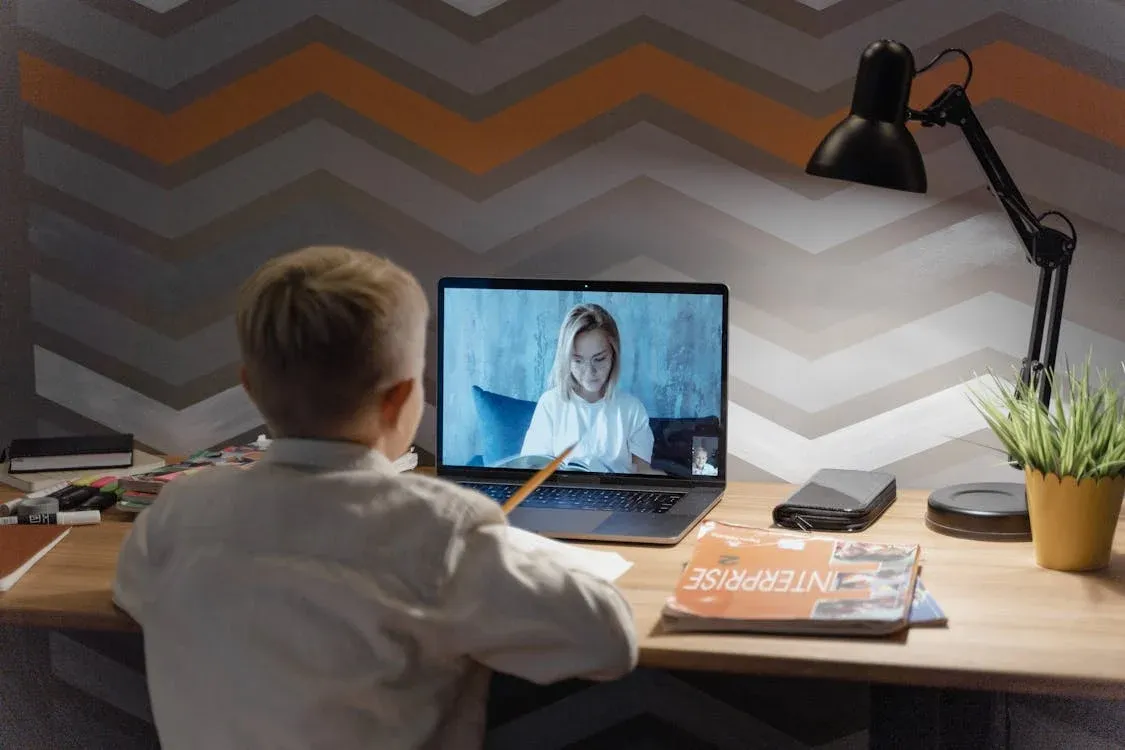 Tima Miroshnichenko on Pexels
Tima Miroshnichenko on Pexels
If your child does well in non-traditional ways of learning, like project-based learning, online classes, or homeschooling, you may need to be more open with how you teach them. Most of the time, these places let them learn quickly and with a framework that works better for them than regular classrooms. Looking into other ways to teach your child could be best for their needs.